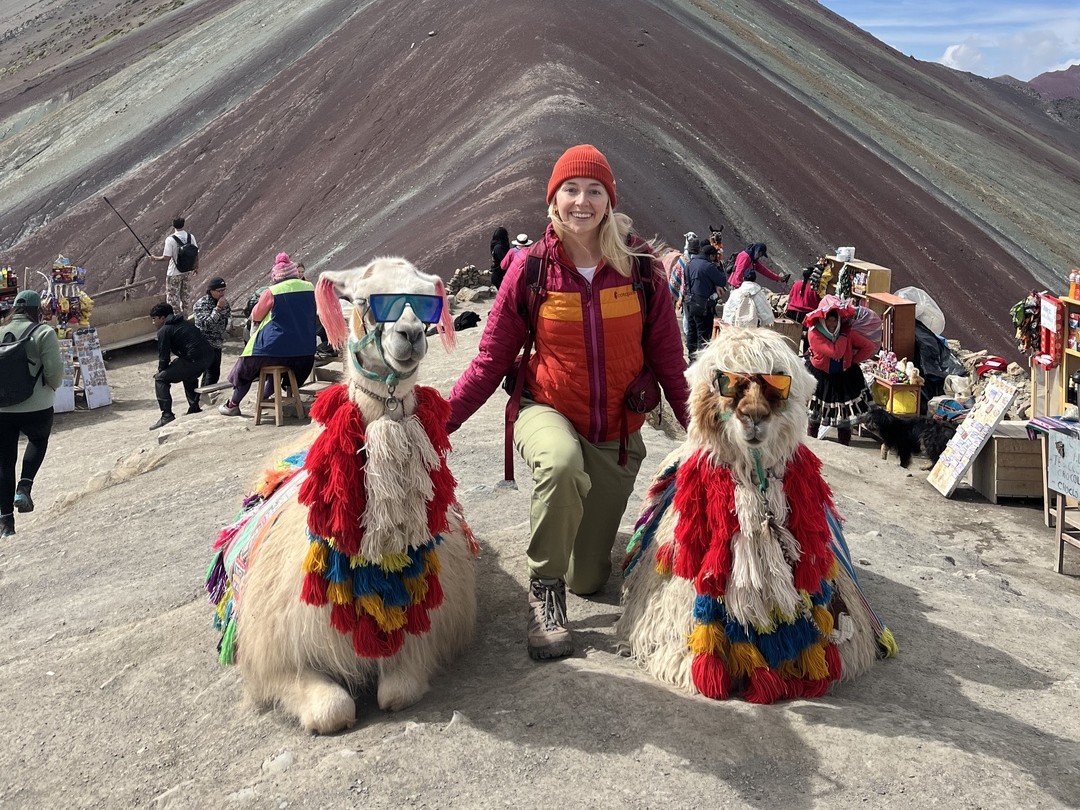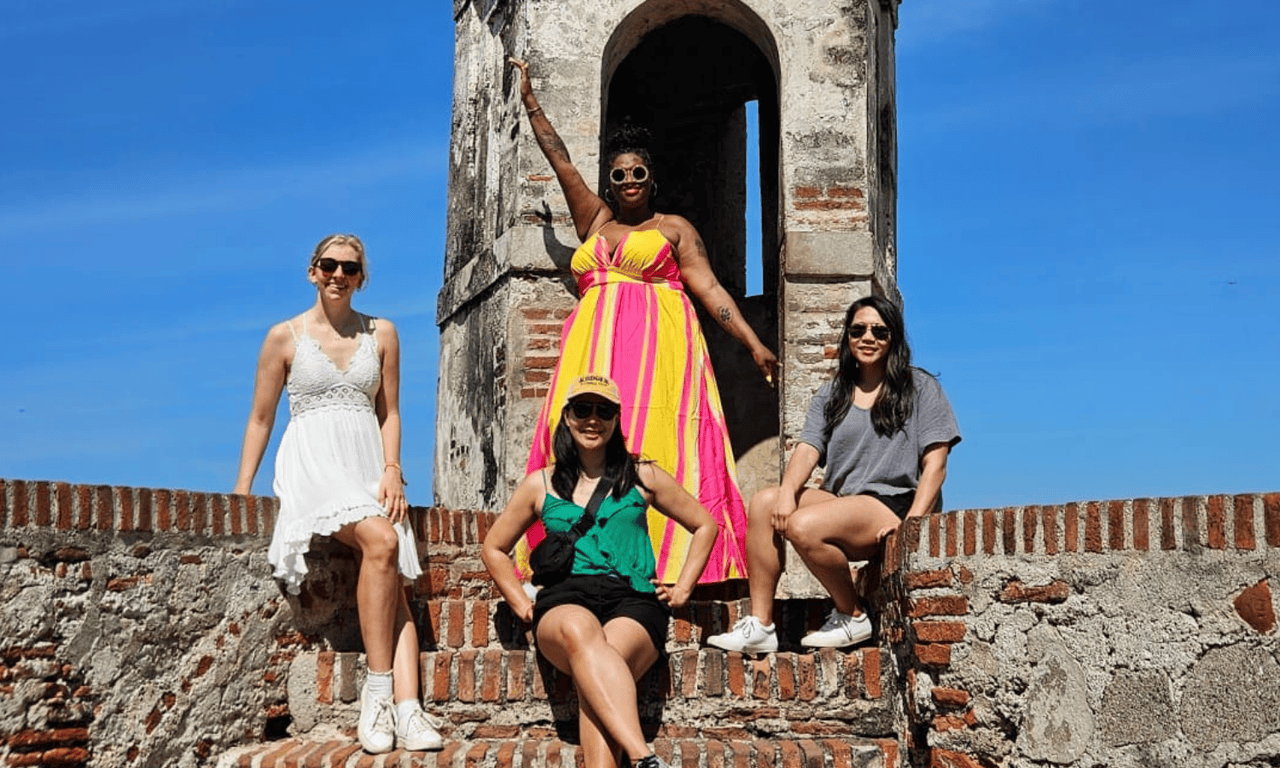There's no place like home — and, more specifically, there's no place to sleep quite like your own bed. But you can't be home 24/7/365. Between work trips and personal ventures around the world, you'll be catching your Zs elsewhere from time to time.
If you have trouble sleeping in a new place, you're not alone. Something as simple as the bed's placement or a lack of ambient noise can keep you from a restful night's snooze. Fortunately, there are steps you can take to get the best sleep possible, whether you're in a hotel, yurt, AirBnB or a tent in the middle of nowhere. Here are eight of them.
1. Prepare in Advance
You have an upcoming trip, and you know you're going to have a difficult time adjusting to your new sleeping quarters. In the days before you depart, take part in a practice called sleep banking. It's exactly as it sounds — log a half-hour of extra sleep for a few nights ahead of your journey. That way, you'll feel less anxiety about the fact that you aren't sleeping as well once you arrive, and you'll be less pressed to adjust your sleep schedule ASAP.
This method is one that works well — military personnel use it ahead of combat, so it should work for your next leisurely getaway.
2. Ask for the Right Room
Here's another step to take before you even travel — ensure you've booked the right room at the hotel. If you're on a lower floor or close to any level's elevator, you'll have much more noise to deal with as your fellow guests walk by or traipse around their rooms overhead. Ask for a room on the highest floor and tucked away from the elevator where it's quiet if you like a silent bedroom.
3. Bring Your Own Pillow
Whether you'll be sleeping in a luxe hotel room or zipping yourself into a tent for the night, you'll probably curl into your go-to sleep position. At home, you have the perfect settings to catch Zs on your back, side or belly. Since you can't cart your mattress along with you from place to place, bring your own pillow with you the next time you travel.
This strategy will help you nap while in transit and allow you to find a comfortable sleep position in your new digs too. It only applies if you've found the perfect pillow of course — while back sleepers need a thin pillow to provide just enough neck support, side sleepers need something a bit more firm.
4. Follow Your Normal Routine
To that end, you shouldn't forego your normal nighttime routine just because you're on the road. This idea is especially true if you're trekking with your kids — they'll need the same bath time, teeth-brushing, and story time ritual no matter where you are.
But it's essential that you apply the same rules to your own bedtime routine. For instance, if you have a nightly mug of caffeine-free tea to lull you to sleep, bring along enough tea bags to see you through to the end of your trip. Pack your favorite pajamas and essential oils, both of which will make you feel calmer and more comfortable. Follow every step so that you're subconsciously aware that it's time to rest.

5. Create the Perfect Environment for Sleep
You won't have an idea of the sleeping conditions in your hotel room, apartment rental or camping trailer until you get there, so prepare for the worst. For example, if you require pitch-black sleeping quarters or a space with ambient noise, bring along the tools you need to create those conditions.
A soft eye mask will block any ambient light glowing through windows or underneath doors. In addition, you can download plenty of white-noise apps that will generate the lull you need to drift off to sleep. Alternatively, if you prefer to sleep in silence, don't forget to pack your earplugs.
6. Choose the Same Hotel Chain
If you regularly travel and choose to lodge in hotels, do your best to stay with the same accommodation brand each time. You'll find that each location is likely to have the same guest room design, mattress, pillows and other elements. The similarities will make you feel comfortable and help ease you into sleep. With time, your chosen hotel will become like a home away from home, which means you'll have no trouble resting there.
7. Get Going Early
Waking up and feeling groggy is everyone's least favorite feeling. But pressing snooze and staying in bed until the late morning will do little to rectify a night's worth of poor sleep. Instead, experts suggest that you get up and get going as soon as morning arrives.
Start by soaking up natural light, whether you take a quick walk outside or throw back the curtains in your room. Research has connected exposure with morning's natural light to better nighttime sleep. Plus, it helps ward off depression and stress, which might also come with the realization that you slept poorly the night before.
8. Remember Your Food
Once you're up and at 'em, be sure to follow the rest of your regular morning routine. If your trip has you in a new time zone, try to eat breakfast and the rest of your day's meals in accordance with local times — try not to think about what time it is at home. Having food in your belly at the right time in the evening will help you doze off later on.
9. Catch Your Zs
With these eight tips in your arsenal, you might find it easier to fall asleep on your next getaway. And, with the right amount of rest, you'll feel even more ready to seal a business deal, explore a new city or spend time with loved ones who live far away — and that's what travel should be all about.




.avif)


























